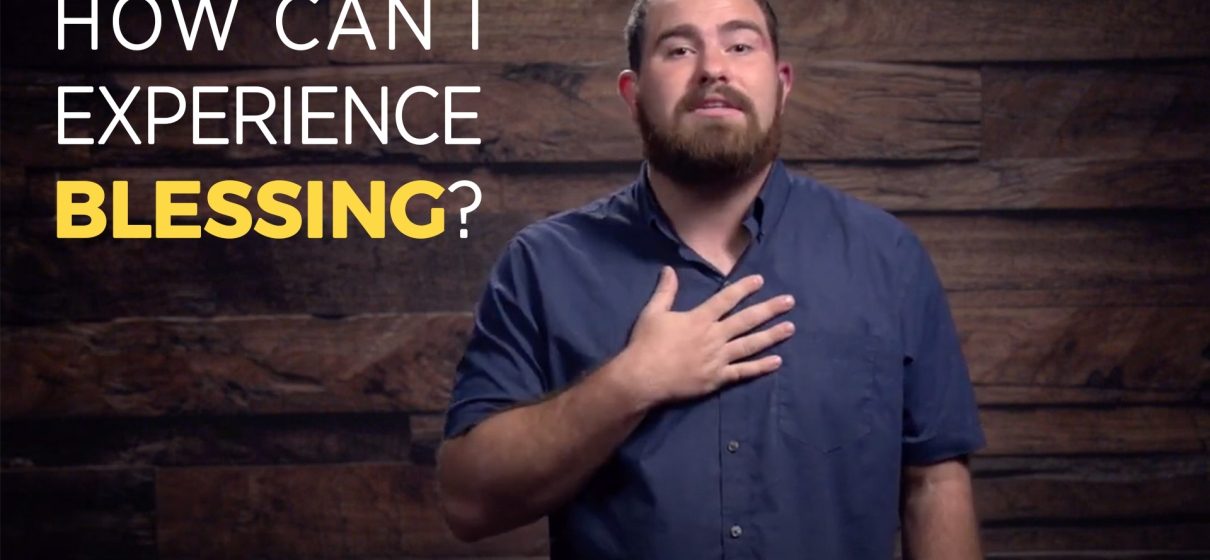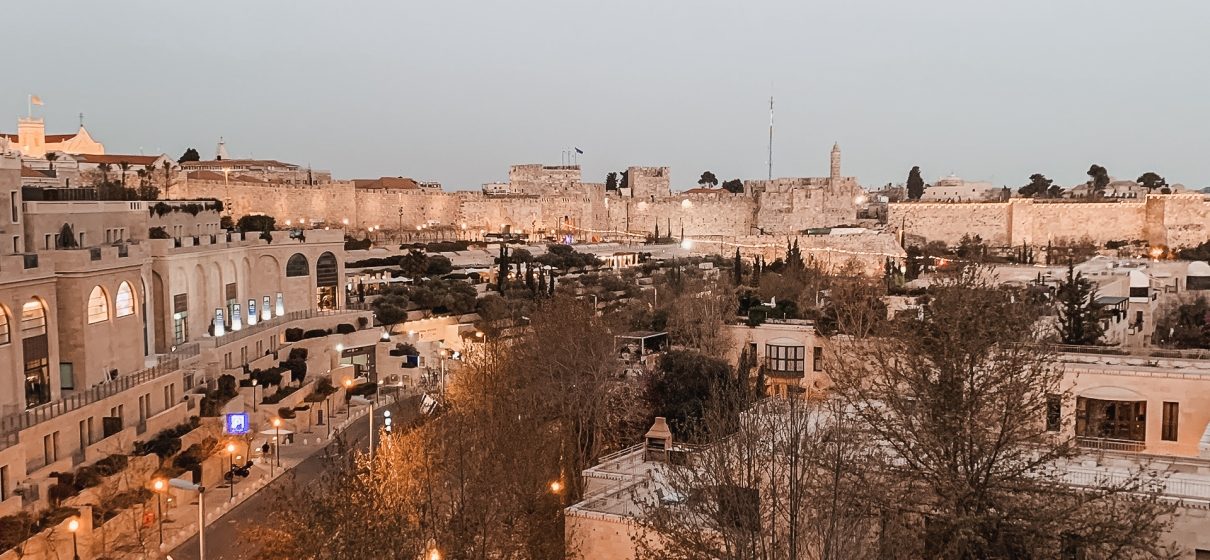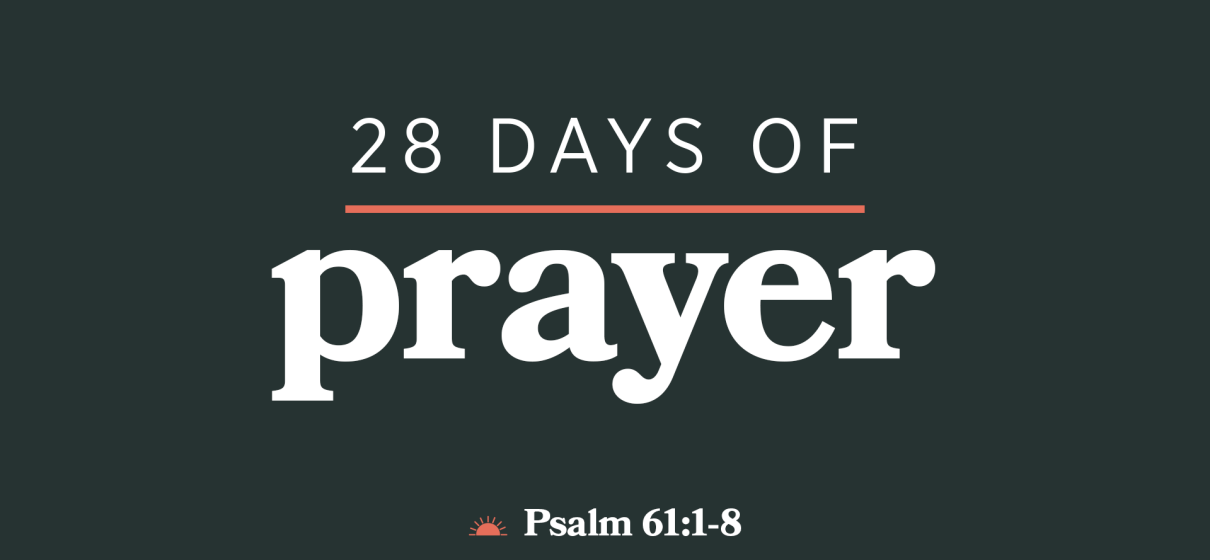What do Van Gogh paintings, antibiotics, the International Space Station, and microwave ovens have in common?
In a very real way, they are all gifts from God. How so? Let’s listen to Philippians 4:8, a well-known passage from Paul the apostle:
Finally, brothers, whatever is true, whatever is honorable, whatever is just, whatever is pure, whatever is lovely, whatever is commendable, if there is any excellence, if there is anything worthy of praise, think about these things.
For years, Paul’s words to the church at Philippi have fascinated me because I used to think the apostle was calling believers to discern and embrace the good from Christianity.
But upon further reflection, that makes no sense.
The faith is entirely good and needs no discernment. Therefore, it’s more likely Paul is calling believers to discern and utilize the good, wise, and true things they find in society.
Indeed, biblical scholars note the list Paul gives is representative of the virtues celebrated in the Greek Hellenistic society of that day. For example, the famous philosopher Cicero, who was a contemporary of the apostle, said, “But what is there in man better than a mind that is wise and good?… all that is lovely, honorable, commendable.” Wow! It’s almost a mirror of Paul’s list.
Furthermore, commentator Dr. Gordon Fee concludes,
“Paul is telling [the Philippian church] not so much to ‘think high thoughts’ [but] to ‘take into account’ the good they have long known from their own past, as long as it is conformable to Christ … to encourage the Philippians that even though they are ‘citizens of heaven,’ … they do not altogether abandon the world in which they used to, and still do, live.”¹
This call for Christians to discern and utilize the goodness and wisdom of the world may surprise some, but it’s not astonishing for those who know about the biblical doctrine of common grace.
Common grace, also referred to as general grace, concerns God’s goodness which extends to all his creation — things that are ‘common’ or ‘general’ to all humanity like order, art, science, creativity, etc. Scripture refers to God’s common grace in places like Matt. 5:45, “For he makes his sun rise on the evil and on the good, and sends rain on the just and on the unjust”; Psalm 145:9, “The LORD is good to all, and his mercy is over all that he has made”; and Luke 6:35, “… for he is kind to the ungrateful and the evil.”
Consider the following human activities:
- Going to MD Anderson for cancer surgery or picking up cold medicine at your local CVS;
- Touring The Museum of Fine Arts in Houston or laying on your couch listening to Spotify;
- Meeting with a local financial coach for retirement planning or reading a well-respected psychologist’s book on personality patterns.
These are all examples of engaging the truth, goodness, and wisdom of God’s common grace in a society. We do this every day without knowing it. Yet, Philippians 4:8 reminds us to do so discerningly (“whatever is…”), because not everything in culture is good, true, or beautiful.
Culture and society are broken by sin, and thus are mixed bags of good and bad, beauty and ugliness, truth and lies. That’s why the apostle says followers of Jesus should neither outright reject all its products nor swallow it whole but parse out and engage the commendable, excellent, and true within it.
For example, maturing Christians will be those who increasingly aren’t fearful of the common graces of science, technology, or medicine. They recognize how unbelieving culture can, with discernment, produce great things of worth that are good, true, and beautiful gifts.
Gifts like Van Gogh paintings, antibiotics, the International Space Station, and microwave ovens.
Footnotes
- Gordon Fee, Paul’s Letter to the Philippians, NICNT (Grand Rapids, MI: Eerdmans, 1995), 415.










